“Finding Hope: Battling America’s Suicide Crisis,” a CNN Special Report hosted by Anderson Cooper, airs Sunday, June 24 at 7 p.m. ET. If you or someone you know needs help, call the national suicide hotline: 1-800-273-TALK.
Their minds can drift to that dark place, but they hide it well.
Walking among us, they laugh when really they want to cry. They sometimes feel as if they have nothing to live for and struggle in silence. They contemplate the unimaginable: How to end it all. Some put extreme thought into it, going so far as to write goodbye letters.
They come from all walks of life. Some are in big cities, others in small towns. Some hail from wealth, others poverty. All came to a lonely place where they considered taking their own lives.
Asking for help
The suicide rate in the United States has seen sharp increases in recent years. Studies have shown that the risk of suicide declines sharply when people call the national suicide hotline: 1-800-273-TALK.
The International Association for Suicide Prevention and Befrienders Worldwide also provide contact information for crisis centers around the world.
Allen Bachman, a 46-year-old antitrust lawyer in the nation’s capital, considers himself a survivor. More than a dozen years ago, he tried to kill himself. He was going through a divorce, his father had a heart attack, and he felt alone while traveling in New York City for his high-pressure job.
A family member found him collapsed in his hotel room after his near-suicide.
“When you go through what I went through, it’s not just one time,” Bachman said. “Once you kick open that door, it’s like someone’s got a foot in it, and it never completely closes. So when you feel bad, your mind goes to, ‘Oh, you can get out of this by killing yourself.’ “
He’s lending his voice now to help others.
His life became interesting only in his 40s, he said, and he finds it “just shocking and disturbing” that he could have missed out on all that life has to offer.
“All the best times of my life came after me thinking I wanted to kill myself,” he said.
Like so many who spoke to CNN for this story, he struggled to grapple with the suicide deaths of celebrities Kate Spade and Anthony Bourdain last week. For him, it was more personal.
Bachman read a copy of Bourdain’s bestseller “Kitchen Confidential,” which recounts more than two decades of Bourdain’s life, working in restaurants and indulging vices, from cocaine to heroin to booze. The book was an epiphany for Bachman. He said his life was saved because of Bourdain’s willingness to share his own struggles. The chef, author and host of CNN’s “Parts Unknown” helped Bachman “to put my own problems in context and realize there was so much in my life yet to come,” he said.
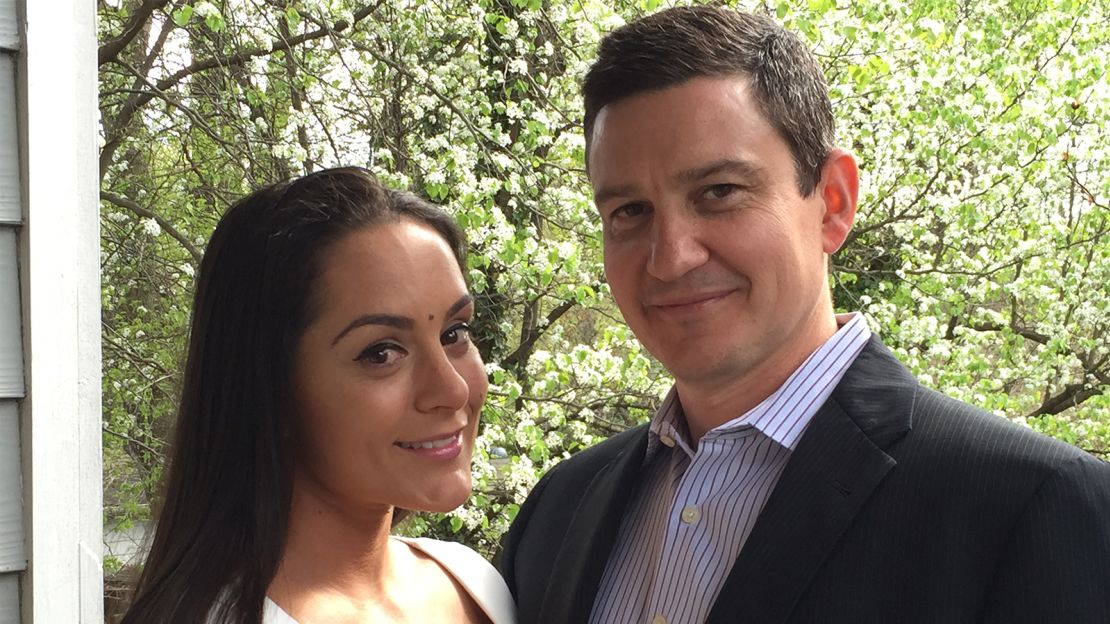
That is a message others who’ve been on the brink of suicide shared with CNN: to let people know that their lives are worth saving.
Spade’s and Bourdain’s suicides not only turned a spotlight on this epidemic that has grown by more than 25% since 1999, they turned the nation into collective pallbearers.
Bachman is one of six survivors of depression who spoke to CNN to offer hope and guidance to a nation reckoning with the realities of suicide. One said this moment should act as an awakening on suicide prevention in America, similar to the way the #MeToo movement has empowered women in new ways.
Bound by the oft-taboo topic of suicide, the six include a woman who survived abuse and a man who hid behind success. Rape, child molestation, divorce and loneliness were just a few of the triggers that pushed them to the brink. One penned a goodbye note, and another stopped to clean her room.
God said ‘I was worth it’
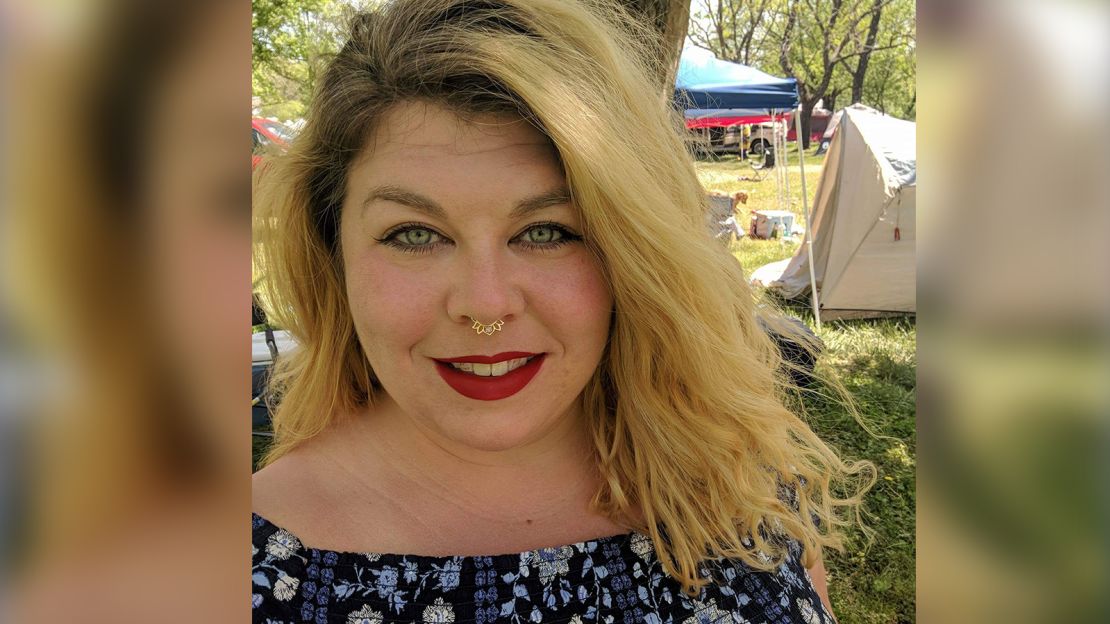
Paige Hinson was 19 when her mother told her that she’d been molested at age 4. As shocking as the news was, she said, it helped put into perspective her years of shame as a child, of questioning her choices, of feeling bad about herself.
She fell into two abusive relationships over the next decade. Then, just before her 29th birthday, everything from her molestation bubbled up.
Hinson “felt like I was a burden to everyone I knew – that no one could handle my pain, that no one wanted to hear about it anymore and no one understood.” She’d had suicidal thoughts before, but this time, they were overbearing.
As she lay on her bed, contemplating the end of her life, she noticed that her room was messy. She didn’t want her loved ones to find her in a dirty room. It was just enough time to wake her out of her despair: “If I hadn’t had to clean my room, I don’t know if I’d be here.”
She called a former boyfriend, crying and screaming, telling him to stay on the line until she fell asleep. She told her parents about this low point the next week, and she would eventually find spiritual counseling that changed the course of her life. “I heard God speak to me and tell me I was worth it,” she said.
Hinson, 33, now works as a paralegal at a law firm in Charlotte, North Carolina. A Christian, she said it’s important for people of faith not to tell people struggling with mental health issues to “pray it away.” Instead, she said, tell them “there are people who love you and care about you.”
‘He talked me out of it’

Knowing that someone loved her and cared about her is also what kept Jessie Woo, 27, from ending her own life. That someone was her brother Jeremy.
“He talked me out of it, and that definitely was a turning point for me,” said Woo, a comedian and on-air host for BET in New York.
At the time, about five years ago, “I had dealt with someone raping me.” The trauma of the rape, she said, was compounded with seeing that person excel professionally. “I just felt like I didn’t want to be here anymore,” she said.
In the months following, Woo moved from Miami to New York, where another depressive episode eclipsed her, but she turned to her comedy and her faith as a way to cope. She created comedic posts on Instagram – amassing more than 375,000 followers – and “from then on, that’s just how I battled my depression,” Woo said.
“At a very low time, I found another gift in comedy, and it’s definitely been a way for me to cope,” she said. “God has given you your own gifts, and your own gifts are going to open up doors for you on his time.”
As a society, Woo added, we need to stop being so isolated from one another, especially those at risk of suicidal thoughts.
“I felt like the more alone I was, the more these thoughts would come to me, and I was scared that I would try to go the suicidal route again,” she said. “I think isolation is one of the biggest mistakes a lot of us make when we’re going through rough times. That’s definitely not the answer.”
Now, Woo’s dreams of being a television star finally have come true – dreams that would never have become reality if she had closed the door on her life.
A decision ‘to value life’
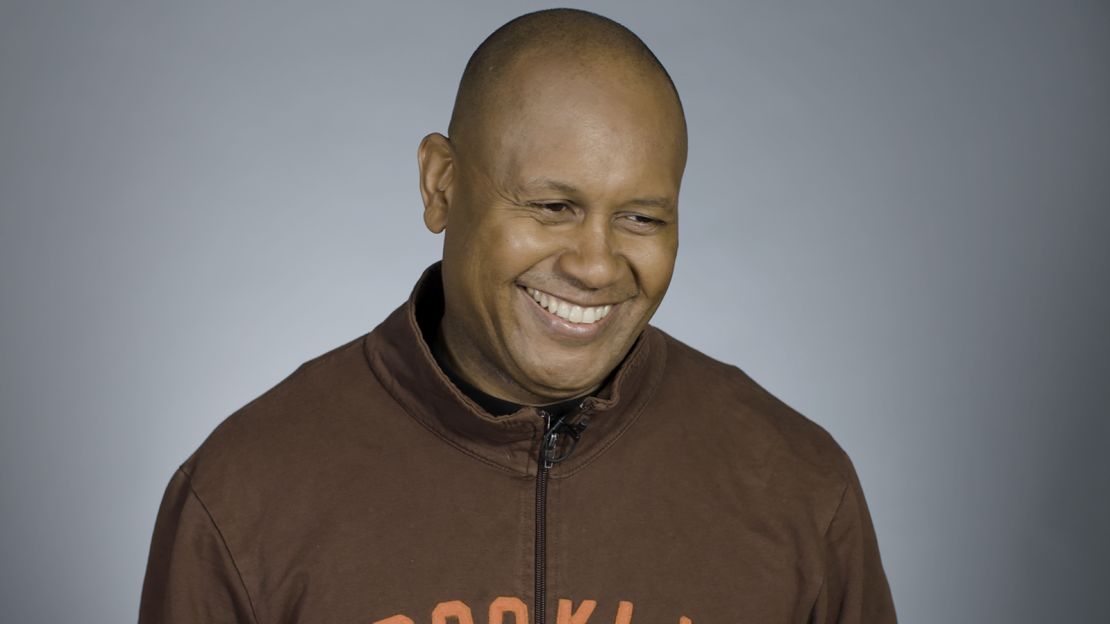
Kevin Powell, 52, used his success and fame to mask his depression and suicidal thoughts. He rose to fame as a cast member in the first season of MTV’s “The Real World” in 1992. He then became a writer for Vibe magazine, interviewing some of the biggest names in music, including Tupac Shakur.
He was fired from the magazine shortly before the killings of Tupac and the Notorious B.I.G. in 1997. “I found myself spinning downward fast. I self-medicated on liquor a lot,” he said. “I found myself deeply depressed, in this very dark place, and thinking a lot about suicide.”
He struggled for four years. It was the tragedy of September 11, 2001, that was the “wake-up call” for Powell, now an activist and author of “The Education of Kevin Powell: A Boy’s Journey into Manhood.”
On that devastating day, Powell was stuck in Syracuse, New York. He knew two people killed in the terror attacks.
“I sat there and watched, nonstop, what happened,” he said. “When I made it back to New York City a day later, I walked the streets in shock with my suitcase, just staring at photos of family members missing in those buildings. I made a decision then and there to stop drinking, to value life.”
He meditates, goes to therapy, exercises regularly. He credits that for his healing, and he encourages others to do the same.
‘Lens of trauma and resilience’
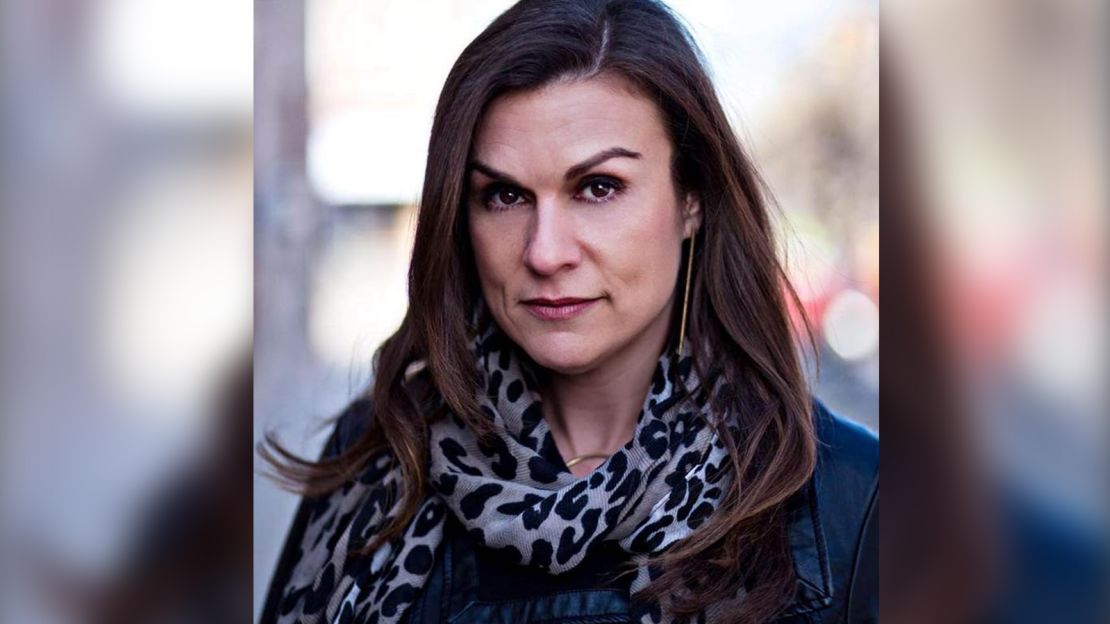
Leah Harris has found her calling in healing those struggling with suicidal tendencies. At 42, the Arlington, Virginia, resident serves as a suicide-prevention advocate, with a specialty in trauma-informed care.
“I felt very strongly that I have to be open about my experiences so that I can try to prevent someone else going through with what I did,” Harris said.
She was just 7 years old when she first considered suicide. She had been raised by a single mother with schizophrenia. Her mom went into altered states of consciousness, resulting in “neglect and chaos and terrifying delusions.”
Harris was sent to live with a grandmother in another state. She went through issues of self-harm, substance abuse and suicide attempts. The last time she tried to kill herself was when she was 18. Her life changed, she said, “when I was able to look at my life through that lens of trauma and resilience.”
That’s what she tells others. She encourages people to find a therapist who gets “to the root of the long-term impacts of trauma on the mind and body.”
“People have been through unimaginable things in their life and have come out the other side, and they are taking that experience to make real change.”
The nation, she said, addresses suicide and mental health issues “too far downstream.”
“Too much of our attention focuses on when someone is already struggling and caught in the grips of suicide,” she said. “What are we doing to move prevention much further upstream?
“We have to look at this as a public health problem.”
‘Start where you are and change the ending’
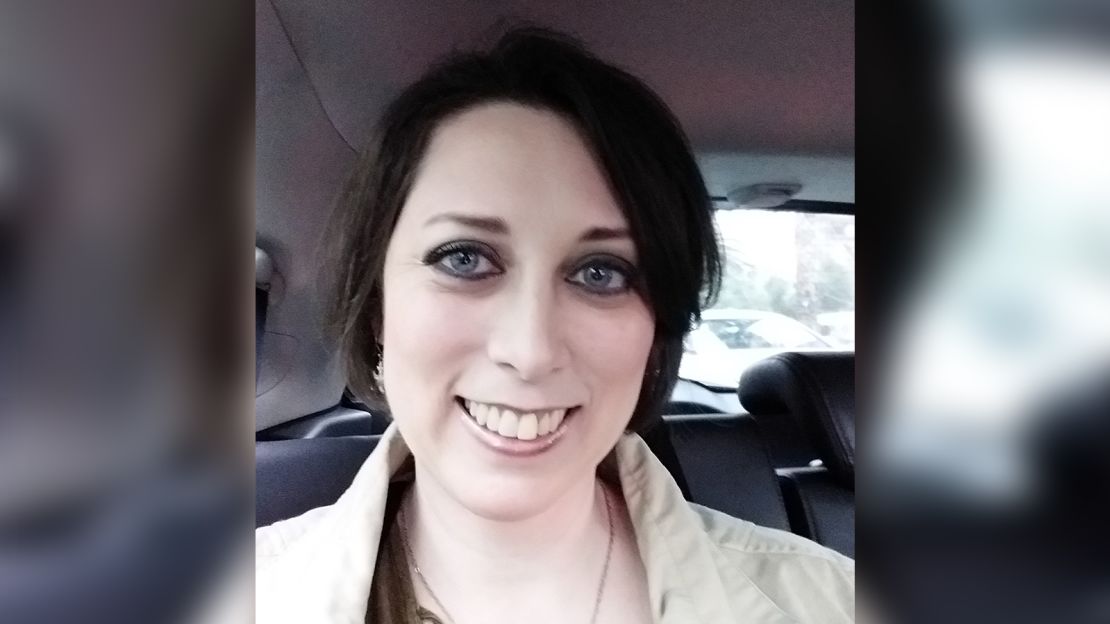
Melissa Braverman, 44, had “every detail planned: day, method, goodbye letters.” But her turning point was when she had “three good days in a row when I didn’t think about wanting to end it all.”
“That gave me the hope and strength to push forward,” said Braverman, who works in hospitality marketing. She is a native New Yorker, born and raised in Manhattan, whose family has a history of depression.
Follow CNN Health on Facebook and Twitter
It’s been two years since she reached her lowest point. She manages her depression with proper medication, and she makes sure to stay connected with her friends and family.
“I wouldn’t be here today if they hadn’t stepped in when I was in my downward spiral,” Braverman said.
She said she now lives by a quote that inspired her: “You can’t go back and change the beginning, but you can start where you are and change the ending.”
As a society, “we need to change the conversation around mental illness,” Braverman said.
“Much like the long-overdue tipping point that has happened with sexual harassment, our culture needs to encourage people to share their experiences of depression and other mental health issues.”
How to get help: In the US, call the National Suicide Prevention Lifeline at 1-800-273-8255. The International Association for Suicide Prevention and Befrienders Worldwide also provide contact information for crisis centers around the world.
















